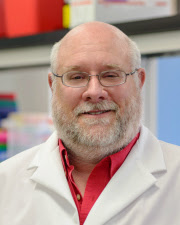|
Skip to content
Skip to sidebar
Skip to footer


